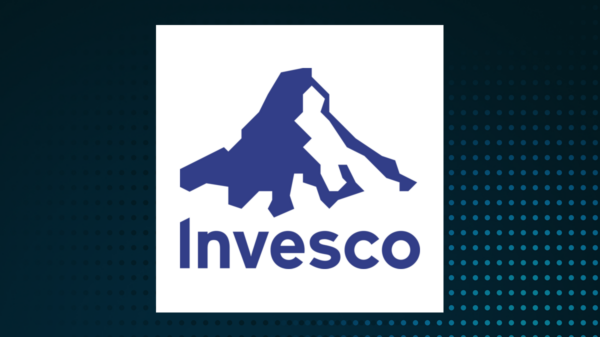UPDATE: Tech enthusiasts are turning to **Raspberry Pi** to revolutionize home computing and slash subscription costs with **four innovative projects** that offer privacy-focused alternatives. As of **October 15, 2023**, the demand for self-hosted services is surging amidst rising subscription fees and concerns over data privacy.
Consumers are increasingly frustrated with the unpredictable nature of online services—rising prices, hampered availability, and shifting policies. Many are now seeking reliable, self-hosted solutions to regain control over their data and expenses.
**First on the list is Nextcloud**, a robust self-hosted cloud storage service that offers a full suite of features to replace costly providers. Users can sync files across devices, access data locally, and even utilize a web portal for remote access. Nextcloud operates efficiently on **Raspberry Pi 4B or 5**, making it an ideal choice for those wanting to create a personal cloud without the hefty fees.
**Next, Vaultwarden** is quickly gaining traction as a no-cost password manager. In light of rising subscription prices—like the **$5 monthly fee for LastPass**—this lightweight option allows users to host their password data securely at home. Vaultwarden runs smoothly on any Raspberry Pi model, including the **Pi Zero 2W**, ensuring that sensitive information stays protected without the financial burden of paid services.
**Stirling-PDF** is another gem in the self-hosted lineup, catering to those who require a local PDF editor without the high price tag of software like **Adobe Acrobat**. Users can edit, convert, and process files directly on their **Raspberry Pi**, maintaining privacy and avoiding subscription fees. The tool functions seamlessly, offering features that rival more expensive counterparts.
Finally, **Paperless-ngx** is transforming document management by enabling users to auto-scan and organize digital invoices and receipts. With built-in OCR support, finding important documents is a breeze. This tool is perfect for those tired of searching through years of files and looking to cut costs on cloud storage solutions.
The initial setup for these projects can feel daunting, but the payoff is substantial. By switching to self-hosted services, users can save significantly on subscriptions while enjoying greater privacy and control over their data.
As these trends develop, tech enthusiasts are encouraged to explore these projects now to maximize savings and enhance their home computing experience. The shift toward self-hosting is more than a cost-saving measure; it’s a movement toward digital independence.
Stay tuned for more updates as more users adopt these innovative Raspberry Pi projects and reshape how we think about technology at home.








































































